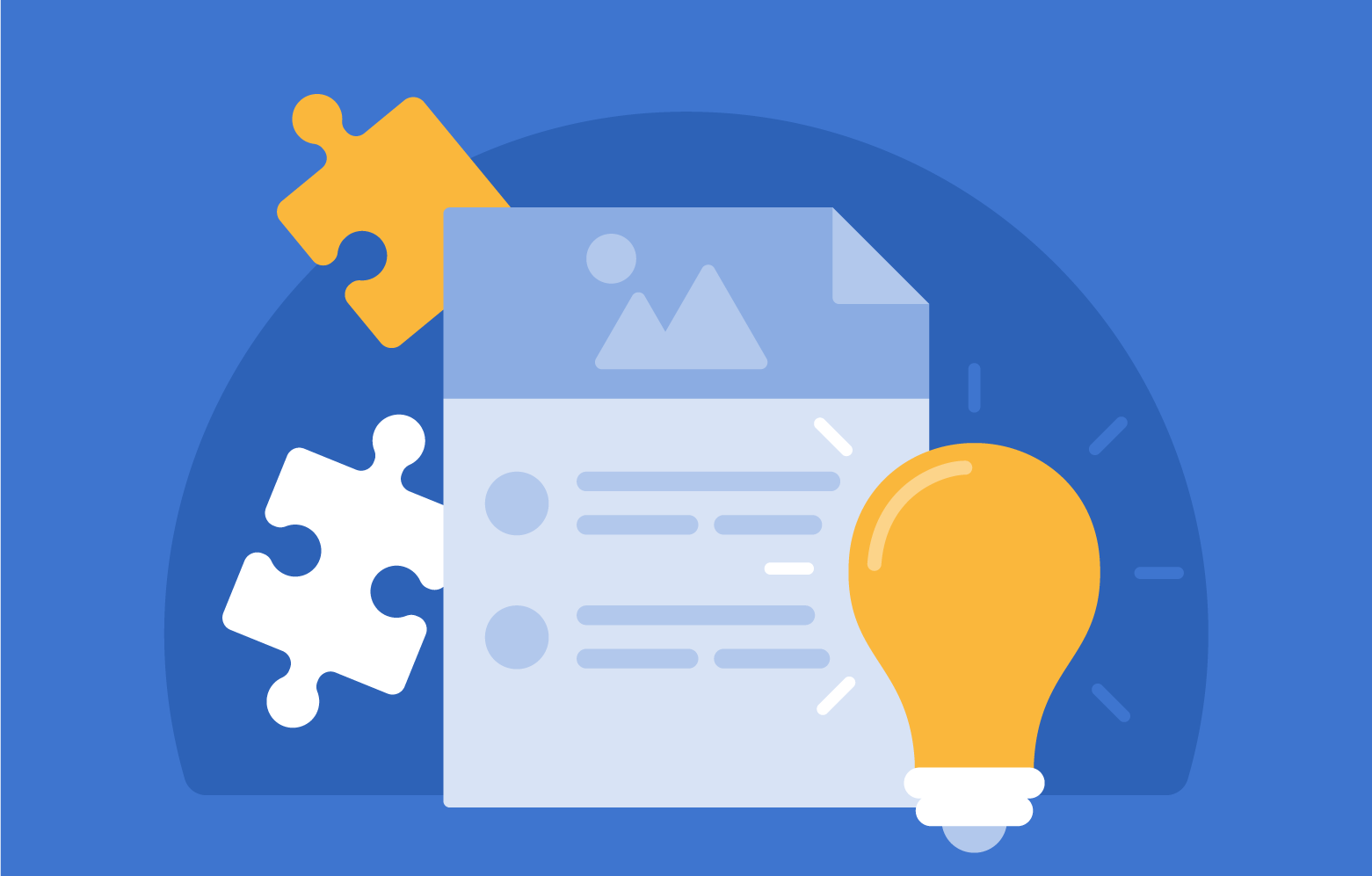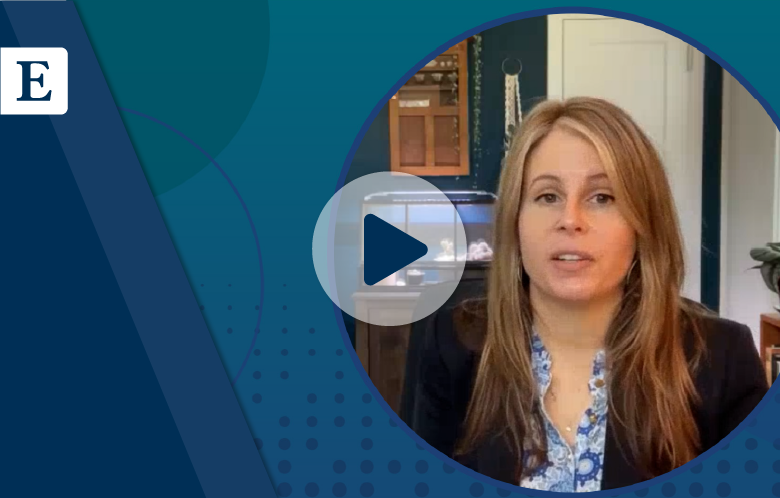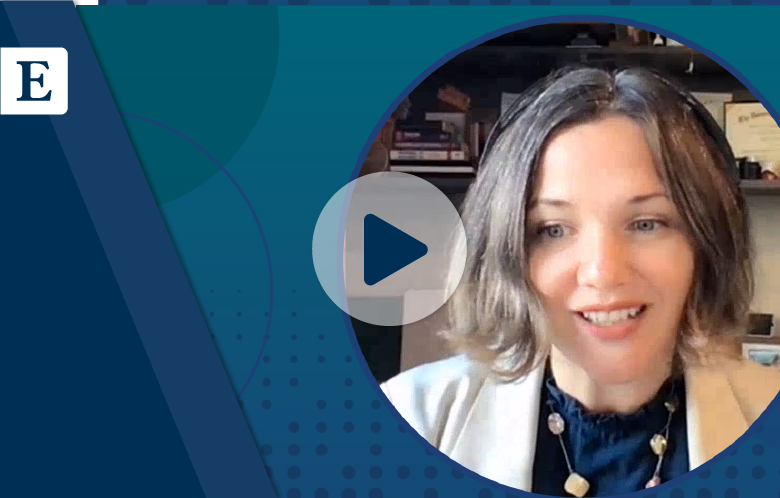Transcript | Download
GOBI Demand-Driven Acquisitions (DDA): Acquire Books Based on Usage and Demand
Hello, I'm Amy Lana, the GOBI Sales Profile Manager, working with libraries in the U.S., Canada and Hong Kong. I'm pleased to be here today to tell you about demand-driven acquisitions, or DDA, programs with GOBI.
What is a demand-driven acquisitions program? Also called patron-driven acquisitions or PDA programs, they are a collection development tool libraries use to add materials with demonstrated usage to their holdings. Programs offer a pool of titles to patrons, which are accessed through a catalog or discovery layer. Patrons use those titles like any other e-resource offered by the library, and based on the level of usage, the library adds perpetually owned e-books to their permanent collection.
Using GOBI helps make the DDA program run as smoothly as possible. You have a choice of aggregator platforms on which a program may run. You may deduplicate your DDA title pool with existing holdings, or if you're like so many others and are facing a space crisis, you can choose to duplicate print holdings with the goal of replacing them with e-book copies for in-demand titles. Discovery records, which are the bibliographic record added to your catalog to enable patrons to find titles, as well as cataloging records, electronic invoicing, and various types of reporting are available. Should there be any problems with your title pool, GOBI assists with the troubleshooting, and when it's time to maintain your pool, we act as the lead to get that work done.
So how do DDA programs with GOBI work? The platforms available for DDA programs are EBSCO, JSTOR and ProQuest Ebook Central. You decide whether to use any one or any combination of the three. EBSCO and ProQuest offer the option to allow short term loans of titles at a cost before you buy. And all three platforms have their own set trigger points - the point at which usage by a patron results in the loan or outright purchase of a title.
You also have a choice when it comes to the construction of your title pool. You can use all titles available from the platform, all titles profiled by GOBI that are available on a platform, thereby ensuring the inclusion of high quality academic and popular titles, or you can use a customized plan to add only those profile titles that fit the scope of part or all of your collection. Your GOBI representative can offer further information on how to customize each of those options. Titles are added to your pool weekly via automated loads, and there's an optional manual push functionality, so librarians may add specific titles of their choosing to the pool on a daily basis.
Invoicing occurs weekly and invoices are separated by platform. GOBI will work with you to tailor a DDE program to fit your library's needs. To learn more about your options for a DDA program with GOBI, please GOBI representative or email gobisalesquestions@ybp.com. Thank you for joining us today. We look forward to hearing from you.


